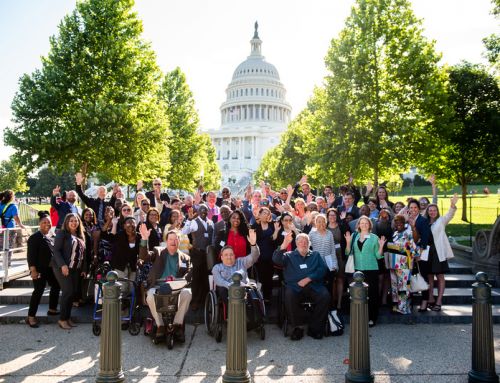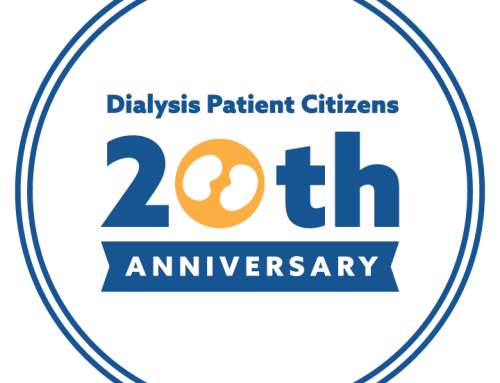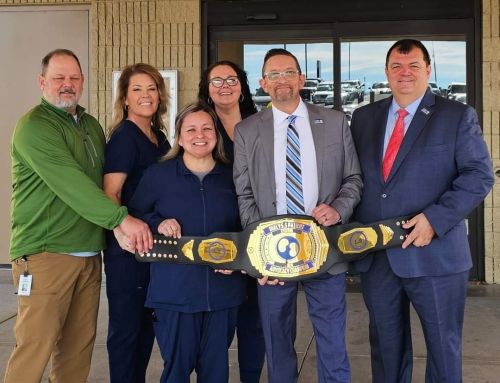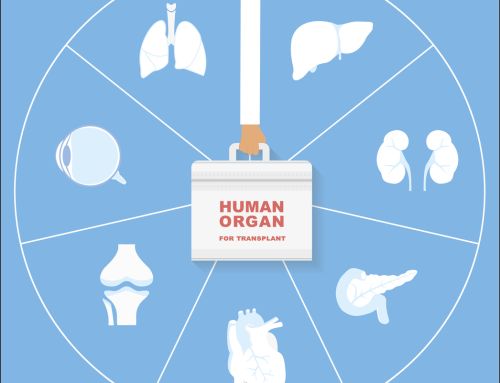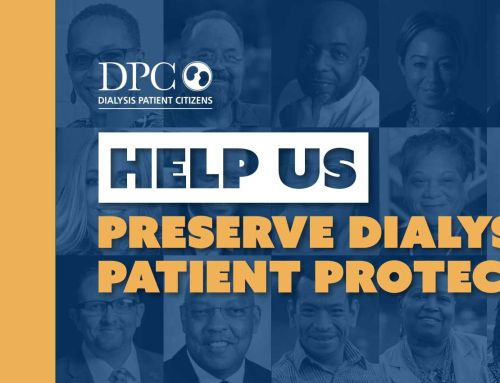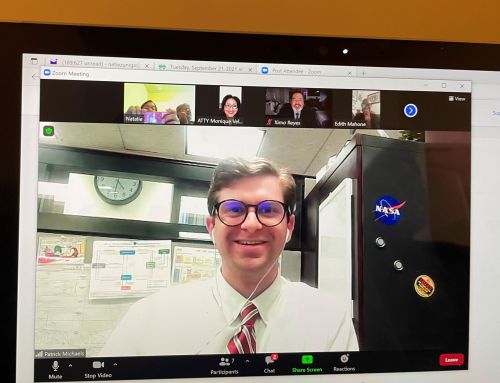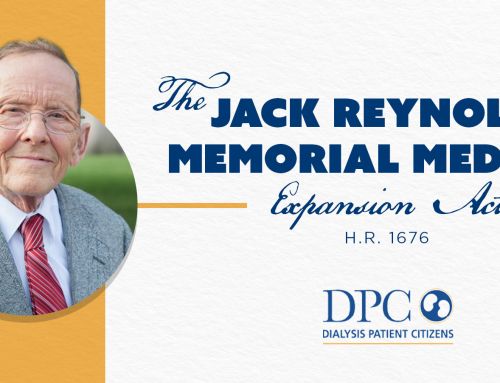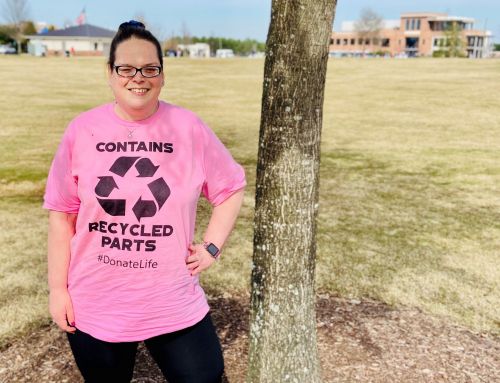The Dialysis PATIENT Act (Patient Access To Integrated care, Empowerment, Nephrologists, and Treatment), S. 3090, recently introduced by Senators Heller (R-NV) and Nelson (D-FL). It follows introduction of the House version (H.R. 5506) the previous week by Reps. Young (R-IN), Blumenauer (D-OR), McMorris Rodgers (R-WA) and Cardenas (D-CA). The Dialysis PATIENT Act would permit dialysis organizations to accept capitated payments to cover all of an ESRD patient’s Medicare expenditures in return for coordinating care for their renal disease and other comorbidities. The program would be voluntary for patients and provide access to an expanded clinical team that would “quarterback” their care. Patients would retain their freedom of choice to use any Medicare provider.
“As an in-center hemodialysis patient of 41 years, I am well aware of the multiple health issues that a large percentage of my fellow patients have to cope with on a daily basis. Coordinating their care among health providers would lead to better outcomes for patients and reward providers for optimal care with fewer dollars spent overall,” said Jack Reynolds, DPC’s president and a dialysis patient from Carlisle, Iowa.
“Kidney disease is debilitating and costly. By giving providers better tools to coordinate care and for treatment, these patients will be better served and see better outcomes,” said Congressman Earl Blumenauer. “This is a first step towards improving kidney care, and more broadly reassessing federal policies, to help our most vulnerable individuals live healthier lives.”
“Going back to Medicare’s ESRD Disease Management Demonstration and continuing with Special Needs Plans, dialysis providers have shown success in reducing complications and hospitalizations when they accept accountability for outcomes and the total cost of care,” said Hrant Jamgochian, DPC CEO. “But these proven techniques are available only to a relative handful of ESRD patients. The Dialysis PATIENT Act will permit more Medicare beneficiaries with ESRD to benefit from care coordination, while retaining their freedom of choice to see any provider and a right to opt out if they do not want to participate.”
“Being on dialysis is difficult enough,” said Congresswoman Cathy McMorris Rodgers. “Let’s make the situation easier for patients and their families by centralizing where these men and women can receive their care. Instead of hopping from clinic to dialysis center to a doctor’s office, they will have more flexibility and be able to access everything – and everyone – they need in one location.”



